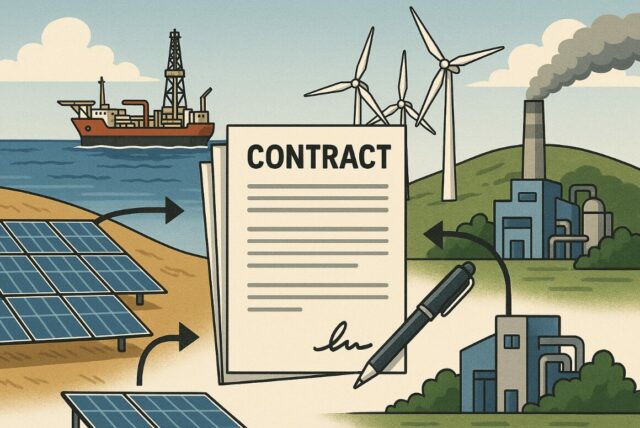At the start of my career as a contract manager, I was often confronted with drafting, proofreading or negotiating the famous “SOW”, which in French is pronounced “seau”, or “sot”, or “sceau”. This SOW has nothing to do with his namesakes (nor with the soccer player Moussa Sow). We explain what a SOW is and tell you all about it in this article.
A. The “SOW” definition :
SOW is an acronym that stands for “Statement Of Work”. The SOW is a crucial document in the field of contracts and project management.
The SOW can thus be seen as a document designed to describe in some detail the tasks, objectives, deliverables and responsibilities of the various parties involved in a project or contract.
In a nutshell, the SOW defines what’s part of a project, as well as what isn’t!
B. SOW and contracts
The SOW is (almost) never a contract in its own right. It’s part of the contract – sometimes the most important part!
It often appears as an appendix to a contract, and aims to clearly define the expectations and requirements of each party within the framework of a project. It serves as a solid basis for project planning, execution and monitoring, ensuring that all parties are aligned with objectives and deadlines.
SOWs are frequently found in RFPs and calls for tender, as well as in industrial contracts (partnerships, framework agreements, etc.) and IT contracts (MSA, outsourcing, etc.).
SOWs are generally subject to tough negotiations between the parties, and often involve the expertise of a contract manager, both in drafting and negotiating.
C. How to draft and negotiate a SOW?
Quite a question, to which it would be daring to answer anything other than “it depends”. Indeed, the purpose of the contract, the context in which it is concluded and, more generally, the intentions of the contracting parties will strongly influence its content and negotiation.
1. SOW model :
At Prime Conseil, however, we have worked on hundreds of SOWs. On this occasion, we were able to identify common characteristics and recurring themes, enabling us to draw up a standard plan:
- Project objectives
- Project scope
- General description of products or services
- Reference documents and applicable standards
- List of deliverables
- Validation and acceptance methods and procedures
- Project schedule and breakdown (potentially including a WBS)
- Contact
2. A few tips
When it comes to writing, SOW is a tricky business. It’s important to be neither too fussy, so as not to lock yourself into a contractual framework that leaves the project manager no room for manoeuvre, nor too vague, so as not to offer too much latitude to a recalcitrant co-contractor and thus create a potential source of litigation. Our tips include:
- Remember to meet upstream with your project contacts to clearly define what is outside the scope of the contract,
- collectively determine your priorities and “must haves”,
- make sure cross-references are consistent, in particular with specifications and other specifications.
In terms of negotiation, we often recommend distinguishing between negotiation of the body of the contract, which is frequently carried out by sales people and lawyers, and negotiation of the SOW, which involves the contract manager to a greater extent. Ideally, the SOW could be negotiated upstream (since if the parties do not agree on its content, there will be no contract), but in practice, the life of projects and their commercialization cycle all too rarely allow for this.
Conclusion
You now have the basics to understand what a SOW is, and to be able to talk about it. The SOW is one of the key elements of the contract. Mastering it means optimizing the chances of successful contract execution, facilitating the work of the project manager and limiting the risk of litigation. In short, knowing how to draft and negotiate a SOW will help you improve your contract management skills (and negotiate win-win agreements).
Becoming a SOW expert requires a certain amount of experience. You may not be able to write an exhaustive statement of work on the first try. But the most important thing is to practice, iterate and learn. In short, it’s now up to you to make the big SOW!







